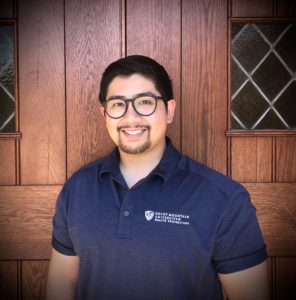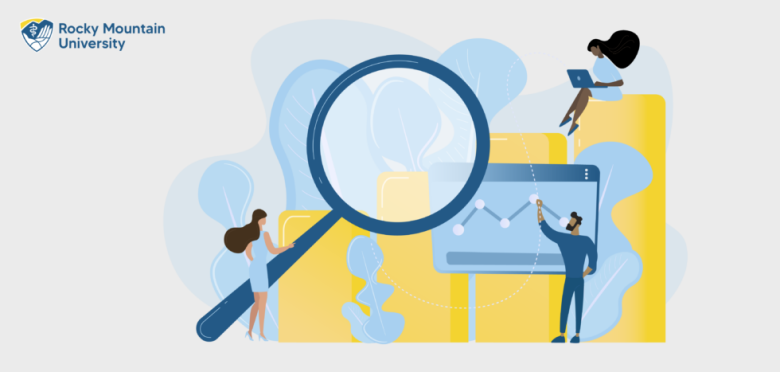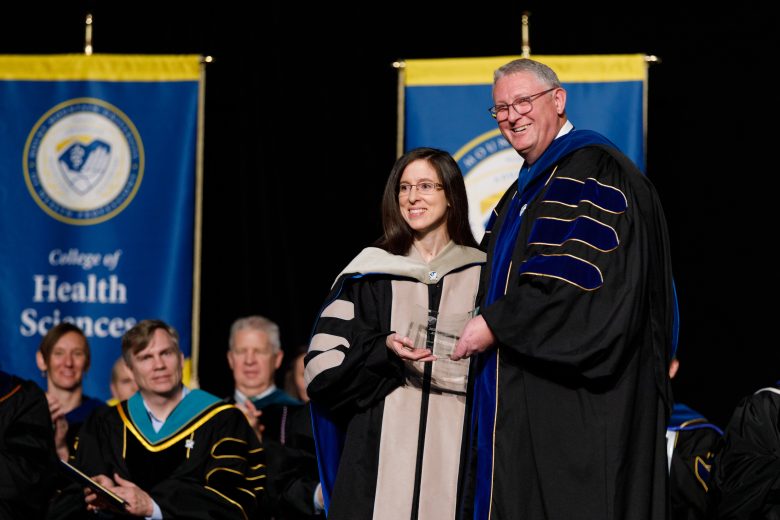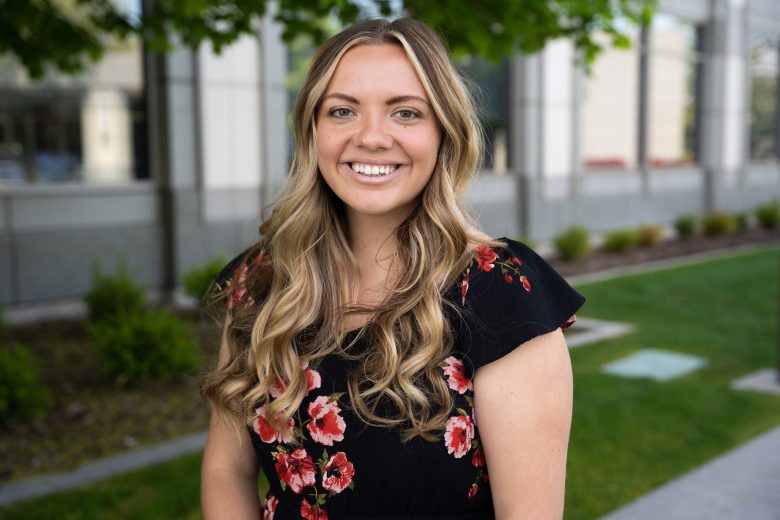 Kevin Renz Ambrocio, MS, CCC-SLP, is a medical speech-language pathologist (SLP) who currently works at Dell Seton Medical Center at the University of Texas at Austin. Ambrocio earned a bachelor’s degree in communication and learning disorders from Our Lady of the Lake University and a master’s degree in communication disorders from Texas State University. Currently, he is a student in the Doctor of Philosophy in Health Sciences in the Neurologic Rehabilitation track at Rocky Mountain University of Health Professions (RMUoHP).
Kevin Renz Ambrocio, MS, CCC-SLP, is a medical speech-language pathologist (SLP) who currently works at Dell Seton Medical Center at the University of Texas at Austin. Ambrocio earned a bachelor’s degree in communication and learning disorders from Our Lady of the Lake University and a master’s degree in communication disorders from Texas State University. Currently, he is a student in the Doctor of Philosophy in Health Sciences in the Neurologic Rehabilitation track at Rocky Mountain University of Health Professions (RMUoHP).
Ambrocio, who identifies as a Filipino-American, has Filipino ancestry and spent part of his life living in the Philippines and part of it living in America. “After I was born,” said Ambrocio, “my mother sent my brother and me to live in the Philippines with our grandparents for several years while trying to establish a better life for us.” While living in the Philippines, Ambrocio was immersed and exposed to what he describes as “my ‘way of life’ and the most important aspect of my culture–family.”
He explained that living in the Philippines and the roots he developed there “have shaped my collectivist perspective, with family being the motivation behind all my actions.”
This multicultural perspective focusing on family included the education of values such as service to family and community with respect, honor, and humility. “My collectivist values guide my ability to effectively lead change by inspiring action for pagkakaisa (unity), pagtutulungan (teamwork), and respeto (respect),” said Ambrocio.
These same values have helped Ambrocio not only while he is working with his family but also with his work associates. “I have strengthened the pagkakaisa between my colleagues and peers by nurturing collaborative relationships and promoting inclusion instead of competition,” said Ambrocio. “I view my therapeutic relationship with my patients as a shared partnership in which we carry equal responsibility for pagtutulungan to maximize outcomes. I also demonstrate respeto by being open-minded about my patients’ diverse backgrounds to respond to their individual needs.”
Alongside his upbringing in the Philippines, Ambrocio experienced several different cultures here in the United States. “I spent the latter part of my childhood and earlier years as a young adult in the United States trying to acculturate to western society,” said Ambrocio. “I experienced the different cultures of the north (Pennsylvania and New York City) and the south (Texas).”
From each of these cultures Ambrocio has gained traits that he otherwise would not have. “I recall New Yorkers’ hustle and bustle and ambitious attitude, which contributed to my sense of drive and pursuit of advancing my skills in healthcare,” said Ambrocio. “My Texan background has also increased my sense of compassion and hospitality when serving my patients.
When reflecting back on his cultural diversity, Ambrocio said, “I am a combination of these experiences, traditions, and values. I am proud of being culturally diverse and sharing my unique perspective in a very homogenous SLP profession.”
Ambrocio has used his multicultural background to help in his endeavors as an SLP. “My unique background has widened my cultural lens and helped me think more broadly about culture when serving my patients,” said Ambrocio. “It has allowed me to listen and understand the diverse perspectives of my patients to build a healthy therapeutic alliance.”
Having a broadened cultural lens has also allowed Ambrocio to challenge the medical model in practice. “As someone who works with individuals with dysphagia, it can be easy to default to the mindset of western medicine as dysphagia management has become heavily focused on physiology and treatment to the impairment,” said Ambrocio. “Rightfully so, as treating one’s deficits is crucial, but cultural differences matter too. I have learned to ask before doing, listen actively, assess the potential impact of my actions on one’s cultural identity, and collaborate with my patients to meet their personal goals.”
Overall, Ambrocio explained that cultural diversity serves to improve the healthcare industry as a whole. “Diversity among healthcare professionals increases cultural competency, accessibility to underserved patients, and patient satisfaction. It also diversifies the capabilities of medicine and reduces health disparities.”
Today, the healthcare community has become significantly more diverse than it was in the past. “Many Filipino Americans work on the frontline of healthcare,” said Ambrocio. “Today, I am proud to celebrate the history of those who have, and continue to pave the way to show our excellence.”



